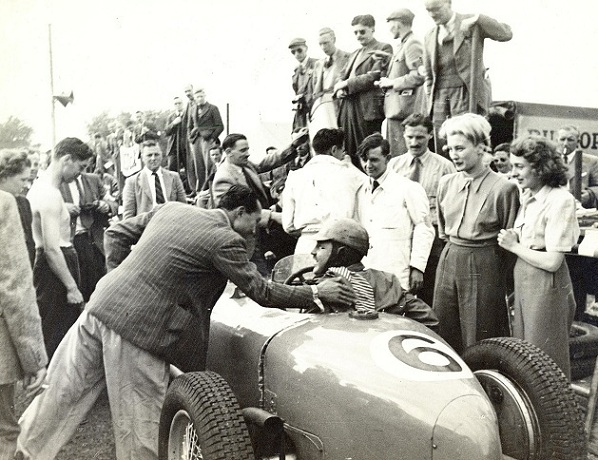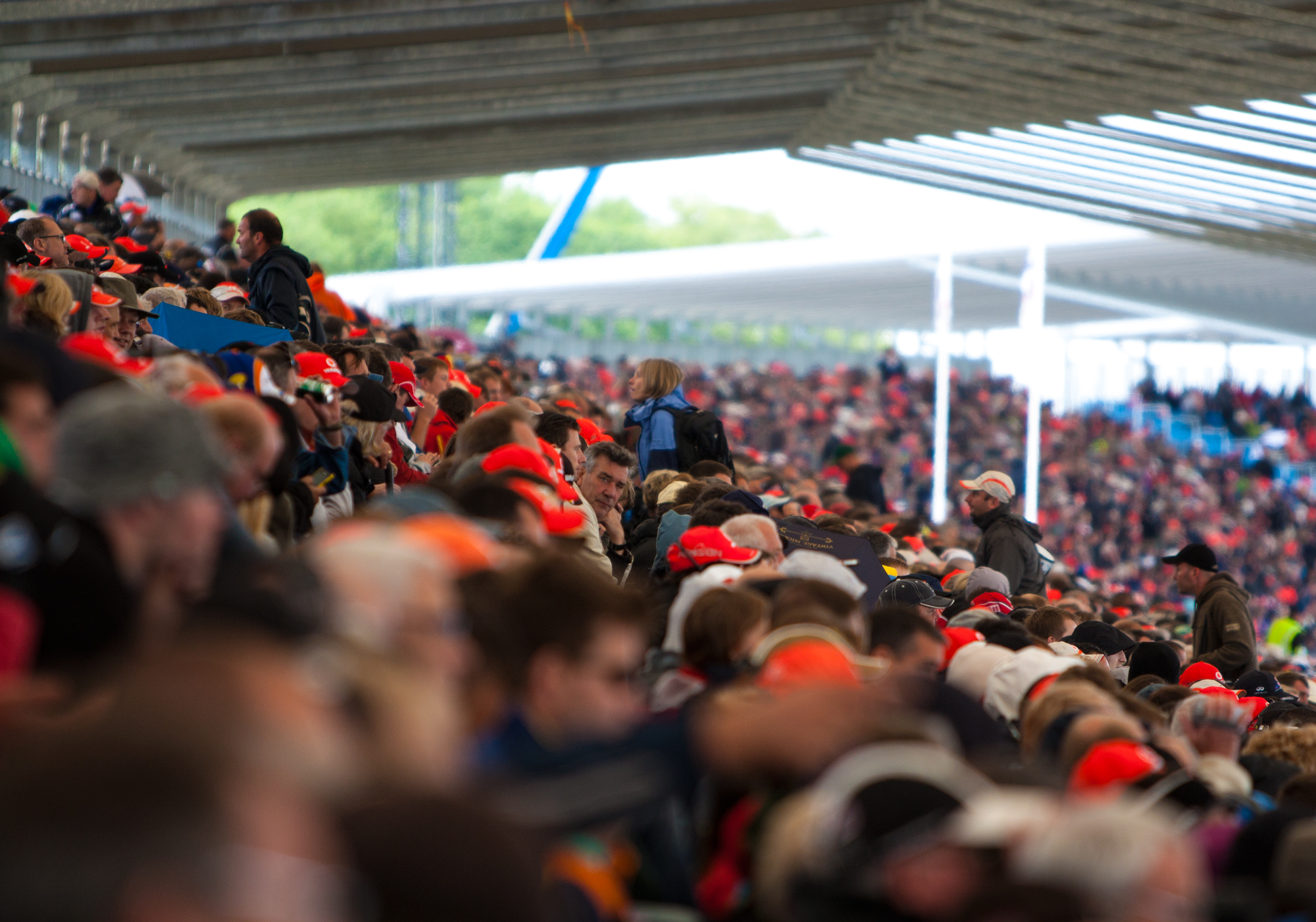This week the F1 world looked forward to the Monaco Grand Prix, but with apprehension about what the future would hold exactly. With precisely seven days til the expiry of the 2010 entry deadline, a stand-off is still going on the only major hope a meeting of FOTA today. But what would happen if neither manufacturers nor the FIA climbed down? What would F1 2010 look like?
The first would be to survey the damage. Only hypotheses can be made about who would remain, as it is near-impossible to gauge the climate if one or more major manufacturer leaves. But most probably Ferrari would be gone, along with Toyota and Renault. The last two have always been temporary players, and so Ferrari s loss would be the most seismic. Red Bull have said they would go, but as the best-funded team not beholden to a manufacturer, there is a feeling in the paddock that they could stay.
We can reasonably assume at least one of McLaren Mercedes or BMW would remain, subject to boardroom approval. Williams would be there, as would Brawn, and Force India. The future of Toro Rosso would depend on Red Bull, but let us assume that they remain too. Then the new teams: Lola, USGPE, iSport or Campos for the most likely, but also Prodrive. According to Max Mosley, the £40million cap will tempt more investors into the sport as well. Additional incentives would be that any sponsor or company could effectively adopt or steal from one of the abandoned teams, using its experience, personnel and infrastructure.
So there are ten teams or so that are likely to be racing in 2010, supposedly replacing without hiccup the ones that had gone. On the track, an F1 preened of some of its excess but with an emphasis on engineering excellence and innovation would hold substantial appeal for a vast number of fans. Equally, the levelling of the playing field might produce interesting results; fans would go to a race truly not knowing if a McLaren or a Williams or a Prodrive would win.
Paul Jackson of iSport made an interesting point the other day in an interview with Autosport. He said he believed that by their nature, big car manufacturers were unsuited to the specific environment of F1. Running a Formula 1 team, or a racing team of any sort, doesn’t fit with a big corporate structure. That moves too slowly; this has to move very quickly. You need quick decision-making and adaptability, and big corporations don’t fit with that philosophy. In the past it hasn’t worked, and it’s got to the point now where it’s not working.†The logical conclusion of this argument is that the exodus of car manufacturers is part of the natural evolution of the sport.
The other likely scenario if this all comes to pass is the resurrection of the Grand Prix World Championship, formed by the breakaway group. Ferrari, Renault and Toyota, possibly joined by Mercedes and BMW and other car giants waiting in the wings, would hold their own series, flushed with money (as long as that lasts). This series would have to be sanctioned by the FIA, which Mosley says it would happily do, and run on its own circuits around the world. One of the positives for fans would be that some old great circuits might be resurrected others, like Spa and Monaco, would be lost to that group.
One important point for any breakaway series is that FOTA unity is a relatively recent thing. Is there any guarantee that a group of manufacturers, with different economic models, markets, objectives and interests, could run a series themselves? As any historian will tell you it is one thing to form an alliance against an oppressor, but it is quite another to form a governing coalition with your allies. The FIA has always been the unifyingly detested, patriarchal, teacher-like figure. The question is whether the pupils can run an interesting class themselves.
Where would the fans go? One of Ferrari s strongest cards in this saga has been that approximately a quarter of all the world s F1 fans are first and foremost Ferrari fans. So they could count on them following them to a manufacturers series. If the racing was good, more fans would defect from F1 to watch the manufacturers. But a sizeable proportion would remain with the genuine article, at least at first, simply because of TV rights. For example, the BBC will continue to show real F1, because it has an agreement to do so for the next few years. Of course, viewing figures would desert it in droves if the racing was bad, but dull racing has never killed F1 before…
Another key point is where the drivers would go. This week Fernando Alonso said that he feared for his F1 future if the big manufacturers left. But many drivers would be attracted by the possibility of racing on a more level playing field and away from the big-money, political and public relations world the manufacturers have introduced to F1. An added incentive would be the apparent fairytale story of Jenson Button career at death s door at Christmas and top of the world by the spring, all because of talent and engineering innovation. Not, that is to say, because of money.
But some drivers have contracts with big teams, and would continue to want to work in that big money world. At present, drivers salaries are included in the budget cap and so, on a practical level, staying in F1 rather than defecting to a manufacturers series might represent a big pay cut for drivers. It is a fair bet that roughly half the drivers would opt to stay, and half to go.
What this cannot be compared to is the split of the IndyCar Championship into IRL and ChampCar in the US a few years back. The split there was a disaster, as audiences plummeted and the two were forced to re-unite last season to save their collective skins. But F1 has a much larger support base than the open-wheel scene in the US and could definitely withstand a defection from Ferrari and two or three other manufacturers.
The doomsday scenario is also a possibility. Both series could turn out to be lacklustre affairs, with an over-regulated and sanitised F1 on one hand and a corporate demonstration GPWC exercise on the other. But that situation is still relatively unlikely at this point.
Most serious F1 fans watch the sport because it is a unique mix of history, speed, romance, excitement, danger and personality. If two series emerge from this next week, there will be nothing the fans can do to stop it. Whichever series manifests those qualities better will be the one that survives a Darwinian evolution. So F1 fans just have to wait, and not fear the future, because it might be better than the present.






